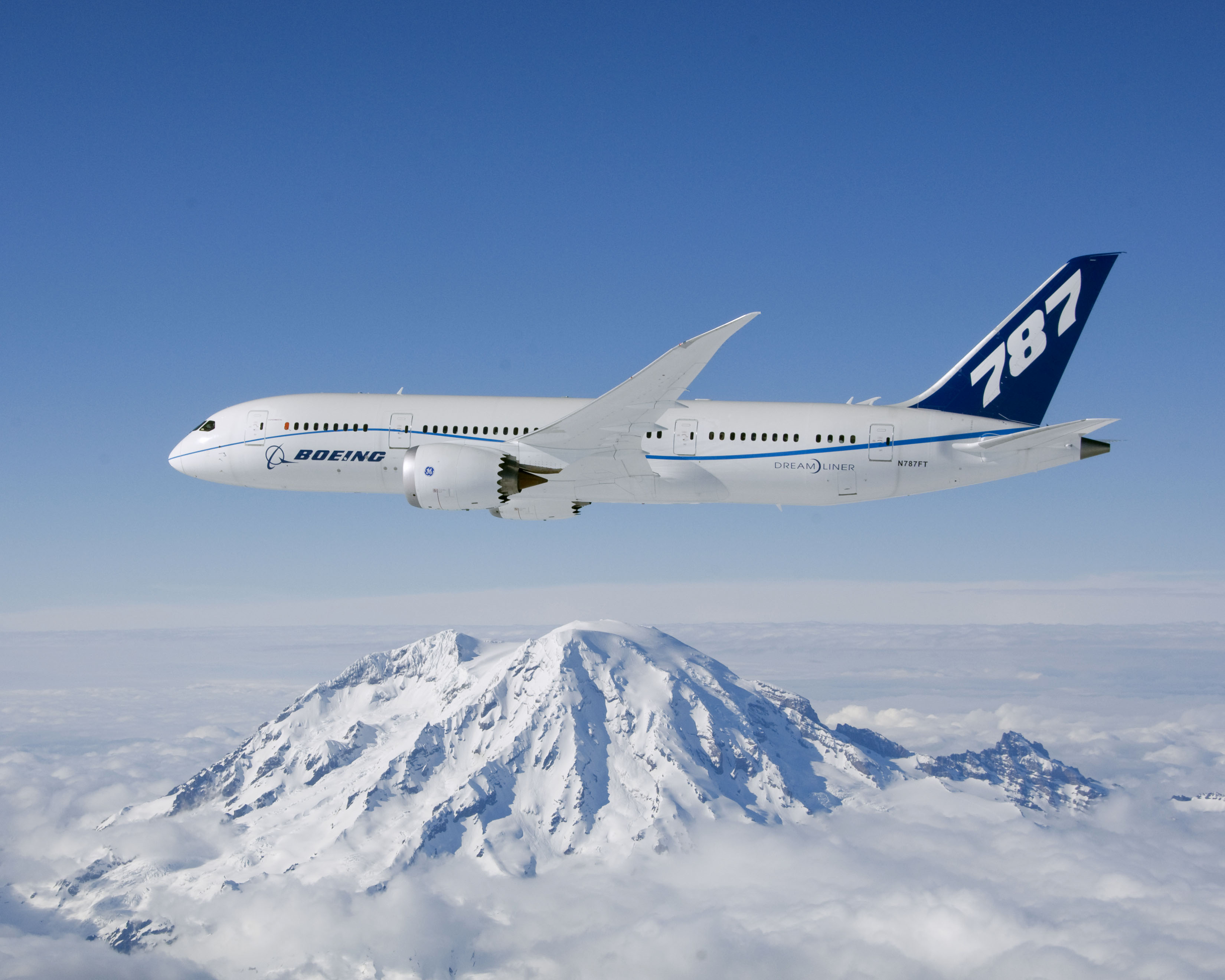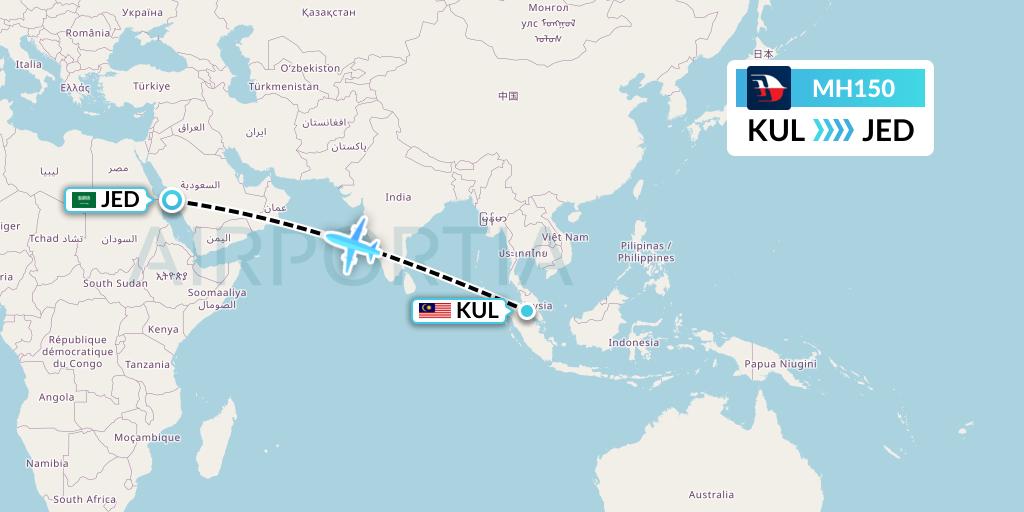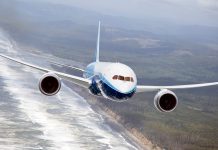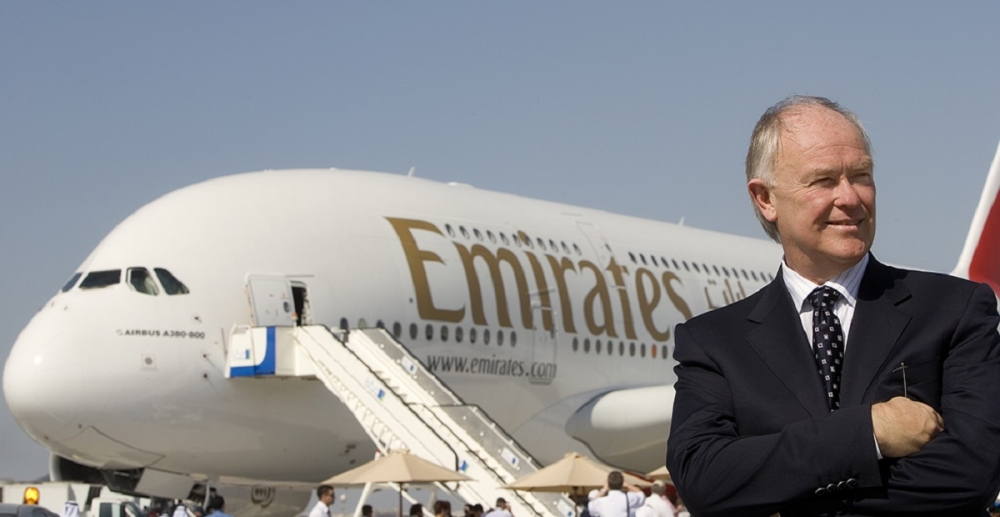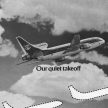The long running battle between US and Middle East airlines over subsidies is set to heat up again with Emirates releasing a report that details its significant contribution to the American economy.
The report, commissioned by Emirates and conducted by US-based Campbell-Hill Aviation Group, found that in 2015, the airline supported more than 104,000 American jobs and contributed US$21.3 billion in revenue to the US economy.
READ: US airlines posting massive profits
Over the past few years, US legacy airlines have striven to blunt the impact of Emirates, Etihad Airways and Qatar Airways on their business and those efforts have recently found a sympathetic ear in President Donald Trump.
In fact, many have suggested the recent laptop ban, which targeted the UAE and Qatar among others countries, was more about disrupting their airline’s traffic to the US.
U.S. mega-carriers United, American and Delta contend the trio of Middle East airlines is violating international trade rules and that the three have received some US$42 billion in subsidies and benefits from their governments since 2004.
However, in 2015 Etihad Airways counterclaimed that since 2000 US airlines received US$70 billion in benefits as a result of bankruptcy laws, largely for debt relief and reduced pension obligations after 911.
Every major US airline, with the exception of Southwest, has been in Chapter 11 bankruptcy protection since 2001 and pilots, for example, have lost 40 percent of their income as airline sought to strip out costs.
Ironically, the unrestricted access Middle East airlines have to US cities is through Open Skies agreements, which were first pushed by US airlines in 1979 to gain greater access to foreign markets.
The deals were struck when US airlines were at their zenith and just before domestic deregulation ravaged the airline industry in America. Since deregulation was introduced in 1979, US airline profits crashed and only in the past four years recovered to acceptable and now record levels.
Over the same period, the fleet age of US has more than doubled, service standards are arguably the worst in the western world and the airline’s seating offerings lag most airlines.
And rather than being the pioneers of new aircraft designs, as they were up to 1990, US airlines are now amongst the last adopters.
Boeing’s revolutionary 787 was launched by All Nippon Airways of Japan and Air New Zealand while the new 777X was kicked off by Lufthansa, Emirates, Etihad and Qatar.
In fact, Emirates is the largest operator of the Boeing 777 and the largest customer for the latest models the 777X.
Sir Tim Clark, The president of Emirates, has argued that “Emirates has always embraced the goals of Open Skies which are to promote increased travel and trade, enhance productivity, and stimulate high-quality job opportunities and economic growth.”
He adds: “Delta Air Lines, American Airlines, United Airlines and their proxies continually pour money into lobby and make unfounded accusations against Emirates, but they have never filed a formal U.S. Department of Transportation complaint against Emirates, even though this is the statutory process long relied on by U.S. airlines to address allegations of unfair competition.”
In fact, says Sir Tim, Emirates has been profitable for 29 years straight, and “unlike our accusers, we have never depended on government bail-outs or protection from competition.”
And rather than being oil rich, Dubai has no oil reserves to speak of and therefore embarked on a strategy to diversify its economy into tourism and trade with air transport as a key enabler.


